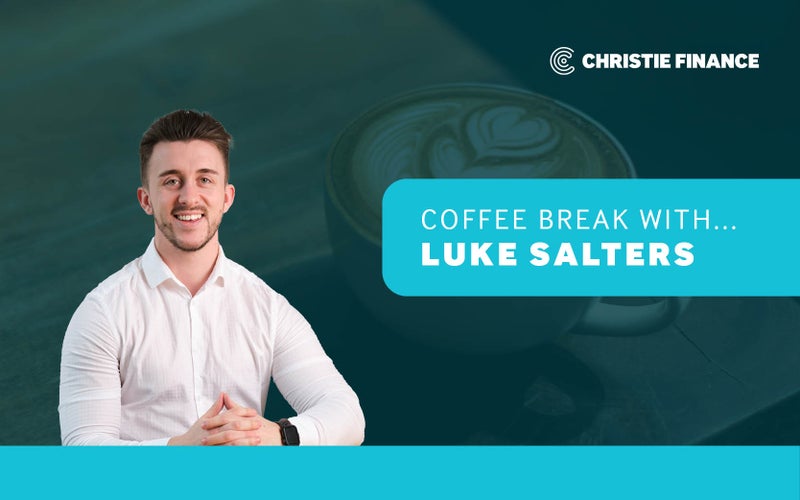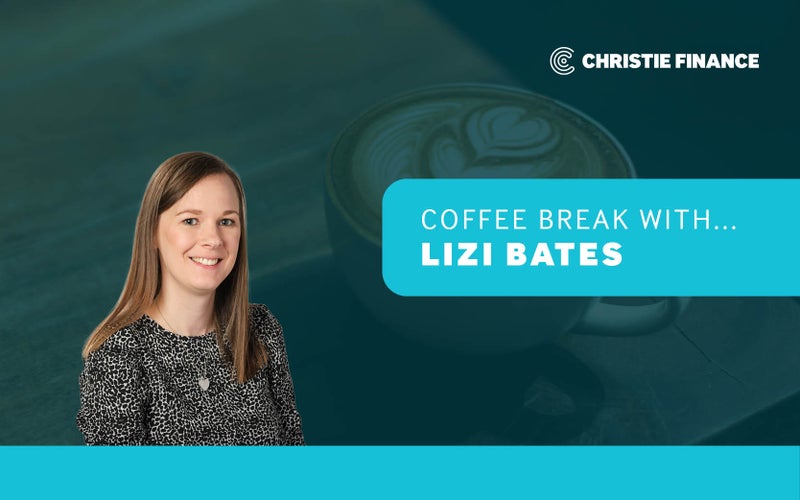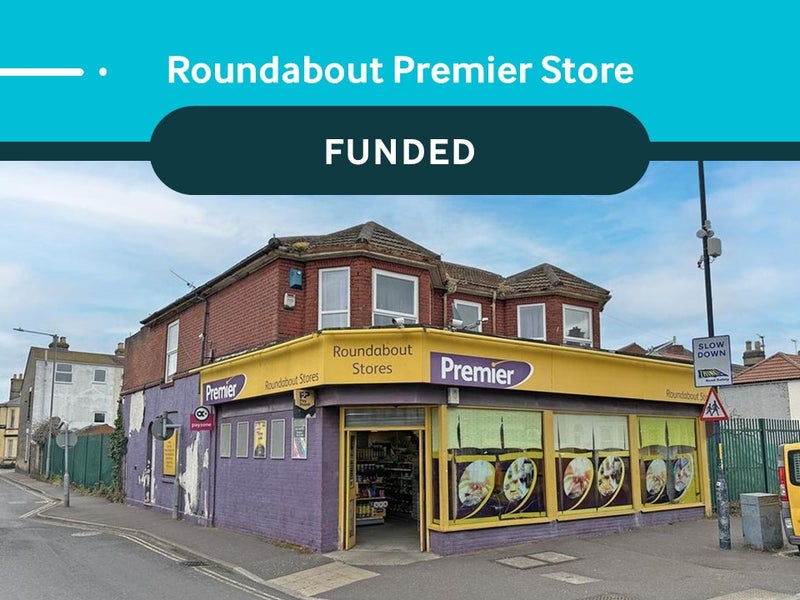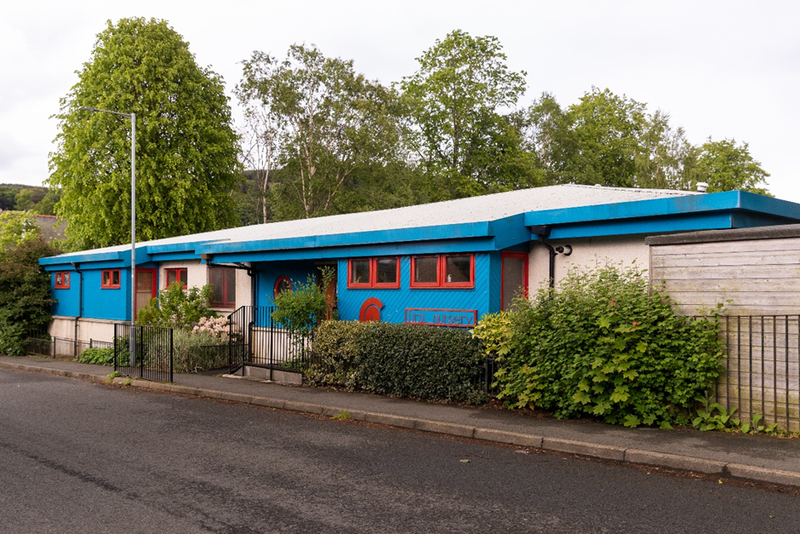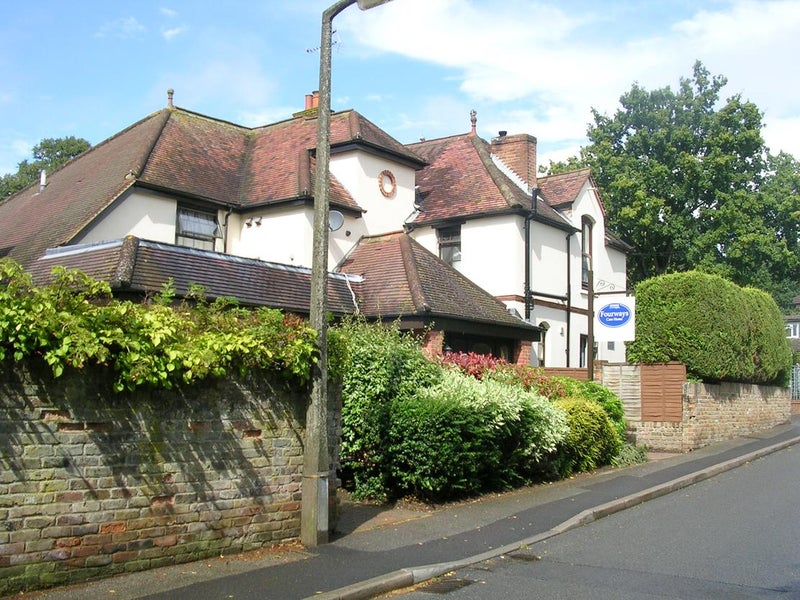Pubs once again benefiting from a fair wind
Despite what you may have heard in the news, good quality pubs are thriving. With the UK economy buoyed by near full employment and a new-found love of craft drinks, the sector is once again benefitting from a fair wind. Further support was announced at the end of January with the Government reducing business rates from April 2020 for pubs with a rateable value of below £100,000. This relief is on top of an extended retail discount, which smaller pubs are also eligible for.
In recent years a significant proportion of the sector has diversified away from a ‘wet-led’ business model. As a result of this shift, many sites we see today benefit from multiple profit lines, including a strong food offering and unused space converted into profitable letting rooms. This hasn’t been an easy task, particularly given the shortage of skilled chefs and the long and unsociable hours involved. Thankfully landlords are a resilient bunch and whilst the press has continued to focus on the pubs that have fallen by the wayside, we’ve been supporting a growing band of entrepreneurial landlords who are putting their sites to work for their customers as well as their local community.
The challenges the market has faced in recent years – smoking ban, rising wage and material costs, a European wide shortage of food grade CO2, to name but a few - have been felt just as keenly at a corporate level. We’ve witnessed several of the big pub operators offload under-performing sites, in turn providing an opportunity for landlords to take over a site, negotiate terms with new suppliers and expand the business model to generate additional revenue. It’s been fantastic to see what some of these new landlords have been able to achieve by establishing themselves at the heart of their community and diversifying their businesses along the way.
Lawrence Roberts, Finance Consultant at Christie & Co recently represented a client purchasing a site that formed part of a group disposal. The site had been closed for several months, with an empty cellar and significant work required work to reposition the business for the local market. The client’s business plan included a change of use for part of the site, creating a self-contained commercial unit for local independent businesses, generating an additional income stream. There was also a refurbishment of the function room in order to return it to use, and a very specific drinks offering tailored to the local market.
Lawrence comments on the deal “Working with the client’s accountant we helped construct a three-year forecast, including commentary based on industry statistics, to demonstrate local demand and the potential to generate profit. This report combined with a business appraisal from a RICS accredited valuer, a detailed bank proposal from Christie Finance and a client with a strong position in the local community; enabled us to secure funding from a high street bank, offering competitive terms”.
Over the last 18 months banks have taken a more cautious approach to sectors that involve discretionary spending, particularly whilst Brexit and the Chinese/American trade ‘negotiations’ play out. Despite this backdrop we have continued to identify lenders willing to support operators with a strong business plan and the drive and determination to see through the required changes. At the start of 2020 there does appear to be a renewed appetite to lend, coupled with a growing number of Challenger banks that are prepared to consider an alternative approach.


